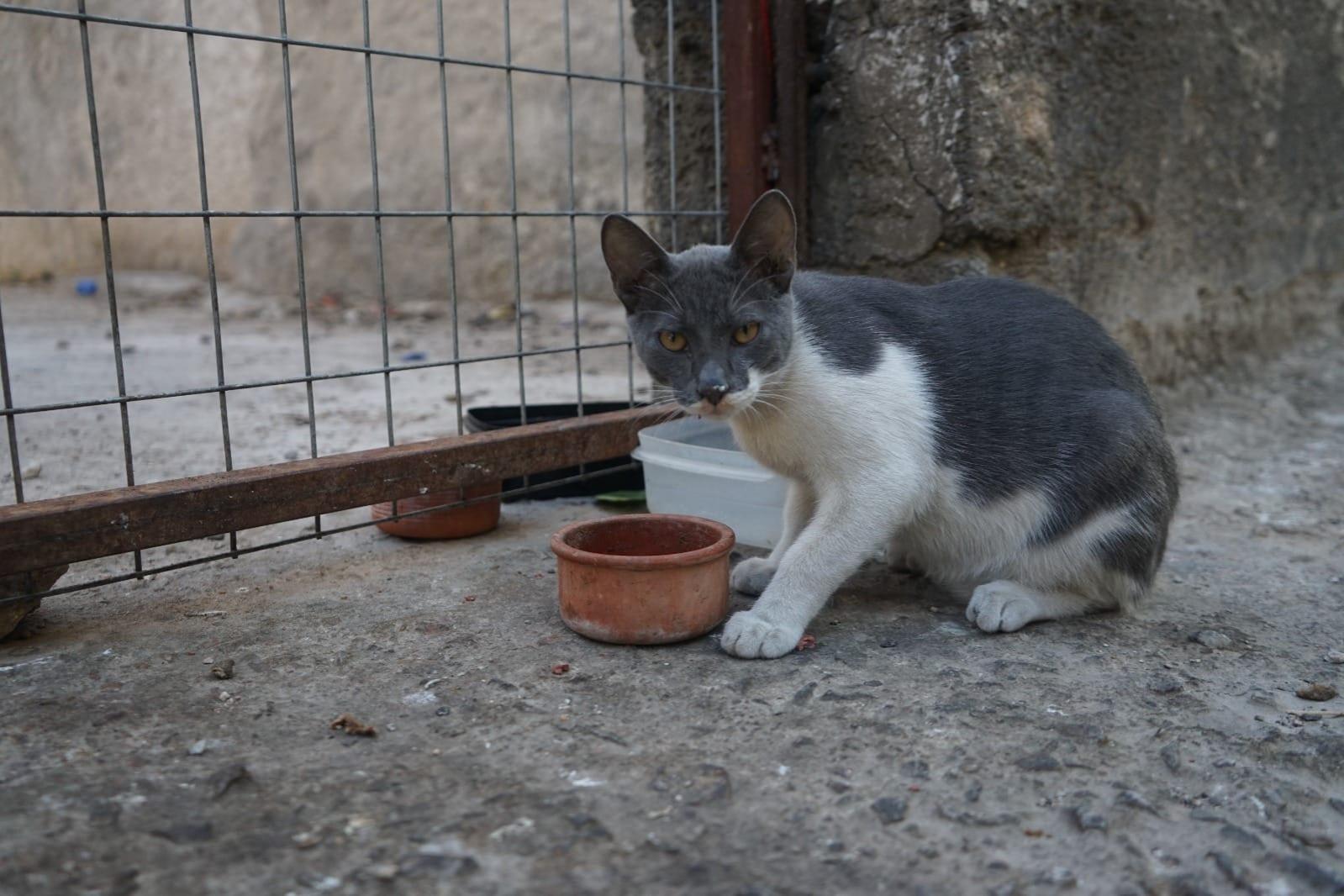Animal welfare commissioner Antonia Theodosiou announced a seven-year action plan for the mass-sterilisation the island’s more than 1 million stray cats in an effort to control their population.
“We support the mass sterilisation of cats [and] there is already a national program with a budget of €100,000 provided annually by the ministry of agriculture,” she said, suggesting an increase of the budget to manage the stray cat population more effectively.
Theodosiou added that her office had drawn up an action plan, created in collaboration with animal welfare organizations, according to whose calculations a period of seven years was needed to carry out comprehensive sterilisation efforts to control the island’s cat population.
House environment committee and Greens MP Charalambos Theopemptou, speaking after a committee session on the issue on Wednesday, said that Cyprus was likely to be the country with the largest stray cat population in the world.
He stressed that the government’s current budget of € 100,000 was insufficient for the required number of sterilisations and said there was no clear plan for managing the spaying of strays.
“Without proper planning, we are simply spending money without getting any results. This has been proven, as we’ve been doing it for many years. We keep doing the same thing, knowing it doesn’t work, yet we repeat it,” he said.
Asking how the 2025 budget had been allocated so far, he said that he was awaiting the discussions on next year’s budget, which are set to begin in two weeks.
“From what I understand, we will not see any change. [The government] will simply allocate the same sum of €100,000 and nothing else. Basically, we will do again what we did last year, and the year before, and we will do it again next year, and [the government] already knows that it wont work out,” he said.
He stressed that animal welfare organisations were at their limit, urging that for the proper allocating of funds and emphasised that “we cannot continue with this mess that we have.”
The head of animal welfare organisation Cat Alert Nicosia, Elena Loizidou, also speaking at the committee meeting, said for a long time, none of the political parties had shown substantial interest support the management of the stray cat population or to promote their welfare.
“While the population of stray cats is increasing to unprecedented numbers (we may have reached two million) and while the responsibility for all stray animals falls under the jurisdiction of the state, the burden seems to have been placed on volunteer animal lovers, both organized and not,” she said.
Loizidou highlighted that most strays are sterilised in private veterinary clinics, with costs paid by rescuers, stressing that with a budget of € 100,000, only around 2,000 cats could be sterilised, which essentially did not help to reduce the population.
“If the state continues to be theoretically present but practically absent in this matter, thousands of kittens will die every season before they have time to open their eyes, and thousands more will lose their lives from poisons,” she warned.
She added the proper managing of the stray cat population required a proper legislation on their treatment, possibly including pet parents to sterilise their cats to prevent the abandonment and death of newborn kittens.
“A prerequisite [for this] would of course be access to sterilisations at zero cost, so that this is achievable and a large number of sterilizations can be carried out,” she concluded.





Click here to change your cookie preferences